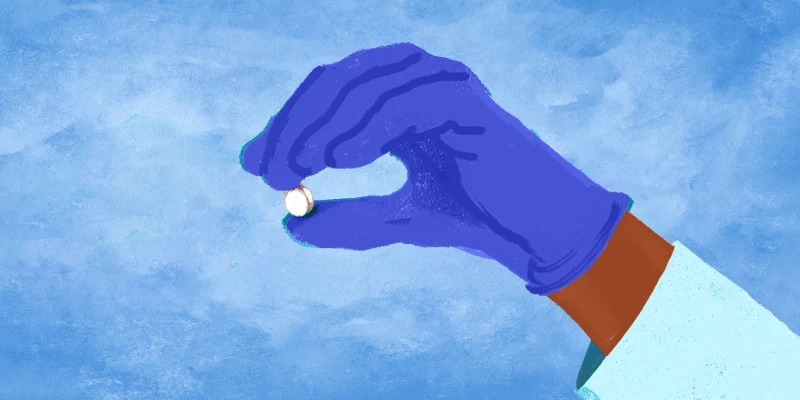 I recently read a social media post where a fellow female physician was questioning whether a new, daring hair color might impact the views of her patients toward her. Several fellow physicians chimed in: some encouraged her to do it while others were concerned about the impact it would have on her image. They wondered if her patients would take her less seriously, or if her expertise in her field would be questioned.
I recently read a social media post where a fellow female physician was questioning whether a new, daring hair color might impact the views of her patients toward her. Several fellow physicians chimed in: some encouraged her to do it while others were concerned about the impact it would have on her image. They wondered if her patients would take her less seriously, or if her expertise in her field would be questioned.
In general, physicians are placed at a higher “standard” in society. We are expected to act and appear professional at all times. But at what point does professionalism equal losing individuality? Who determines what exactly is professionalism?
I have always considered hair as an accessory, an outward expression of inward thoughts. I pride myself in coming up with various styles that (I think) look good on me and make me happy. It does not stop at hair, my nail color has ranged from metallic golds to dark blues depending on my mood. I enjoy changing my look and, naively, have never considered what my patients would think of my chameleon-esque ways.
As physicians, we spend most of our young adult years studying and preparing for the opportunity to serve patients. The sacrifice of years, money, and time for the general well-being of others is altruism in one of its purest forms. But do we also need to sacrifice individuality for the sake of others? At what point is it okay for us to lose ourselves? If patient safety and care are not being impacted, why should those I serve have a say in how I wear my hair?
The post by my colleague and subsequent comments had me thinking even further. Would hair color be a topic of discussion if the physician were not female? Would change in physical appearance even be a question for male doctors?
The plight of the female physician is an arduous one, as we are often questioned, rejected, and belittled more than our male counterparts. There are times where we are mistaken for nurses (as if all nurses are female), or other medical personnel. Patients often have a vision of an older, white male as their doctor. Imagine their surprise when I, a young, black woman walks through the door. And let’s not get started on the pay gap among physicians based on sex.
The opinions of several of the female physicians to the question of hair color was surprising. Many brought up the fact that woman doctors already have a few things working against us, including higher burnout rates and lower wages. Several felt adding risky takes on appearance were simply not worth the costs. I was saddened to read that many were weary of changing their hair color, wearing a nail color that might be considered too bright or flashy, or even walking in a high heel others might deem “too sexy”. I begged to ask the question: If I can’t be myself at work, then who am I?
Patients will judge you regardless of what you look like. They will compare your diagnosis and recommendations to WebMD and other internet websites. They will contrast what you say to what their “cousin’s husband’s nephew who is a doctor” says. And they will compare your views to that of Dr. Oz and other popular figures in media.
Notwithstanding their thoughts, there comes a point where you have to make yourself happy. We as physicians have seen firsthand how short life is. So long as it does not interfere with clinical judgement or decision-making and adheres to company and hospital guidelines, I believe physicians should have the freedom to express themselves physically. Whether it be through a new hairstyle or special pin worn on the white coat, individualism should be celebrated and not thwarted. Rather than perceiving physical attributes as a point of contention I think it should be viewed as an expression of personality and a great platform for patient and provider to bond.
I am a doctor. I am also a human being. One who has likes and dislikes, ideas, and opinions as much as anyone else. To stifle that on the grounds of “looking the part” essentially stifles who I am. Building a trusting relationship should be the primary concern of both patient and physician, regardless of your views on my appearance.
Image by Moschiorini / Shutterstock
Dr. Akua Ampadu is a hospitalist physician who is passionate about quality inpatient and outpatient adult care. As a survivor of work and life related burnout, she aims to provide tools necessary to live a life focused on self-care and self-advocacy. She also recognizes the importance of reading to one’s health and created Healing Words Foundation in 2016, a literacy-based charity focused on providing books to pediatric wards and outpatient clinics. She is active on social media.
Dr. Ampadu is a 2018–2019 Doximity Author.




